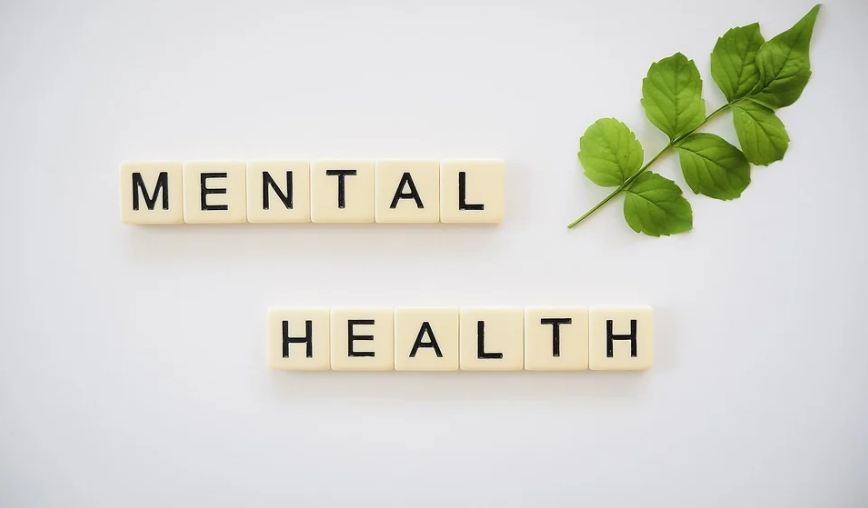Samantha was deeply in sorrow with the passing of her mom. She barely had eaten her meals for almost a month and suffered from a disturbed sleeping pattern as she experienced nightmares. Samantha isolated herself from her friends, and even from everyone in their home, she hardly accepted that she lost her beloved mother. Her mental health is at stake and so her body.
Mind and Body Relationship
According to Dr. James Gordon, founder of the Center for Mind-Body Medicine, the brain and peripheral nervous system, the endocrine and immune systems, all the body’s organs, and emotional responses share a common chemical language and are constantly communicating with each another.
What exactly is meant by the word “mind?”
The mind here does not refer to the physical brains but the mental states, including thoughts, emotions, attitudes, beliefs, and images. The brain is simply the reservoir that allows us to experience these mental states.
The brain is also considered the “body’s command center” or the “human supercomputer working together with the body. The two are deeply intertwined.
Not all mental states are conscious because some are unconscious, meaning, our emotional reactions to situations can surface without us being aware of why we are reacting. We will know if a person feels extremely happy and excited as it can be shown on his face and his bodily actions. At the same time, you can also tell if someone is in the mental state of anxiety when the face becomes pale, the body sweats too much, and other symptoms because the body produces stress hormones. Therefore, it’s undeniable that mental processes affect our bodily responses and procedures too.
How Thoughts and Emotions Affect Health
Going back to the situation mentioned earlier, Samantha was experiencing mental stress due to her mother’s death. When a person is mentally stressed the body releases two hormones: adrenaline and cortisol. When these hormones are released into your bloodstreams, they cause an increase the heart rate and blood pressure. The adrenaline is also helpful in signalling to either “fight or flight” when faced with dangerous events or harmful scenarios.
However, one can still feel stressed even if there’s no “danger” to escape. Too much stress hormones released on the body can have adverse long-term effects, including:
- Digestive problems
- Healing more slowly
- Weakened immune response
The Power of Mind
Negative thinking patterns greatly influence the processes of the body. For example, someone is diagnosed with diabetes, and he panics and thinking that it’s too late to cure the disease or thinks that everyone in the family might be in danger of acquiring the same illness.
If someone has a strong negative inner voice that is hard to break, he might be in trouble to have serious health consequences.
That’s where mind-body therapies come in to help.
Mind-Body Therapies
Mind-body therapies help enhance the mind’s interactions with bodily function, stimulate relaxation, and improve overall health and well-being. Any of these therapies are advised to be performed regularly daily for deriving benefit. Over the past decades, these therapies have increasingly become famous as a growing body of research has backed-up their effectiveness in mitigating physical and emotional symptoms and improving cancer patients’ coping skills.
Here are some of the most common mind-body healing therapies use the body to affect the mind, and vice versa.
Acupuncture
- Art Therapy
- Cognitive Behavioral Therapy (CBT)
- Group Therapy
- Guided Imagery
- Meditation
- Music Therapy
- Qigong
- Tai Chi
- Yoga
Always seek the advice of a holistic doctor before you decide what combination of mind-body therapies are best for you and your lifestyle.
For example, if you have issues with negative thought patterns, cognitive behavioral therapy can help you reframe your way of thinking and give you a more positive perspective in life. If you’re struggling with stress, yoga and meditation are an excellent combination to keep you stay calm.
The Role of the Mind in Disease Prevention
Meanwhile, while a healthy mind is essential, preventing a chronic disease also requires a healthy physical lifestyle like eating healthier, exercising regularly, and adopting better sleeping habits.
However, our ability to maintain a healthy physical lifestyle is affected by the fact that our minds control our attitudes, actions, and behaviors.
Wellness is also a mental battle than a physical process. According to the APA’s 2011 Stress in America survey, 27% of Americans admitted that a lack of willpower is the primary hindrance towards making the lifestyle changes they wanted to make.
Therefore, you must tame your mind and train it to be inclined to the desires of doing the right thing for achieving a healthier body.



